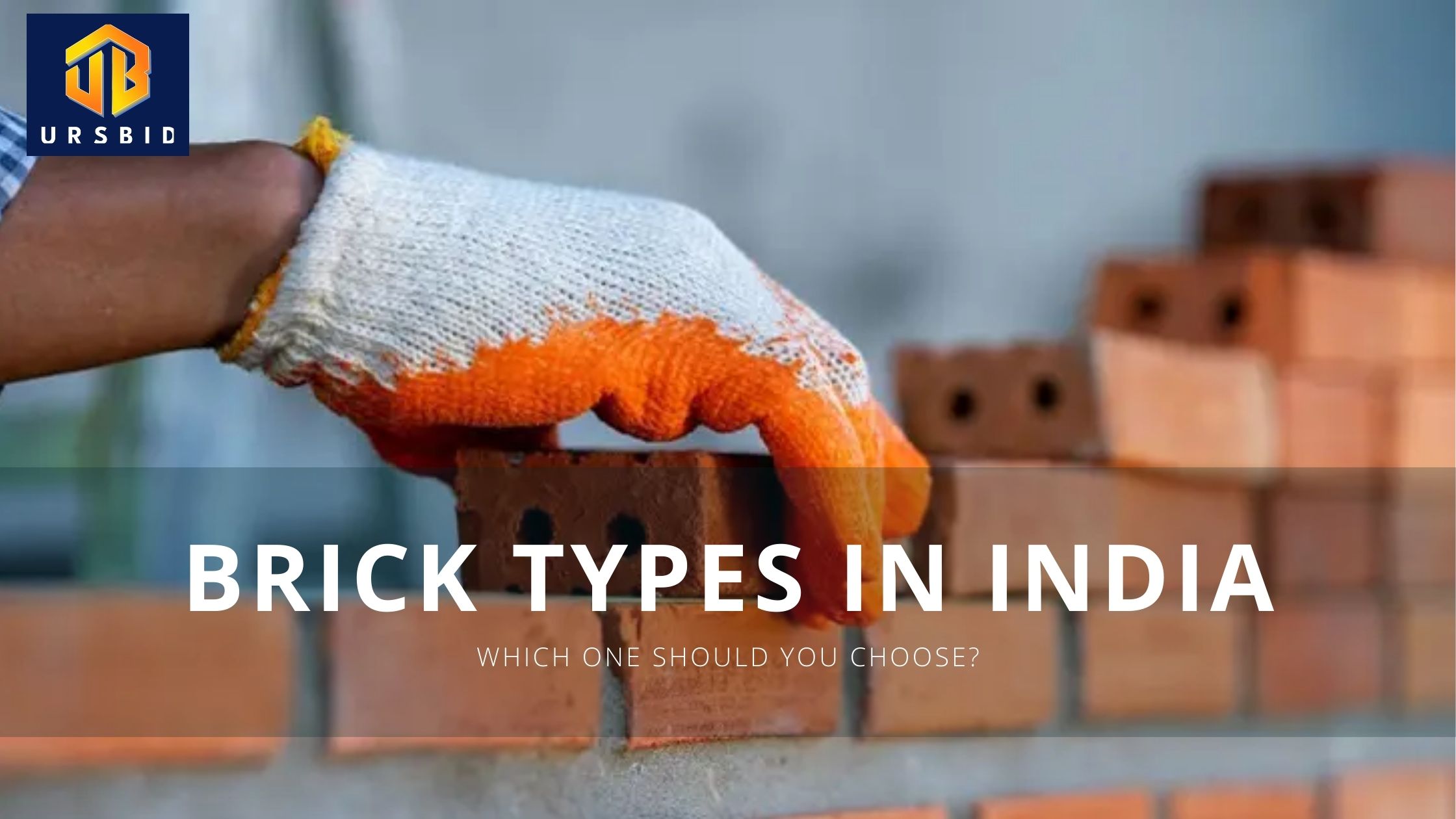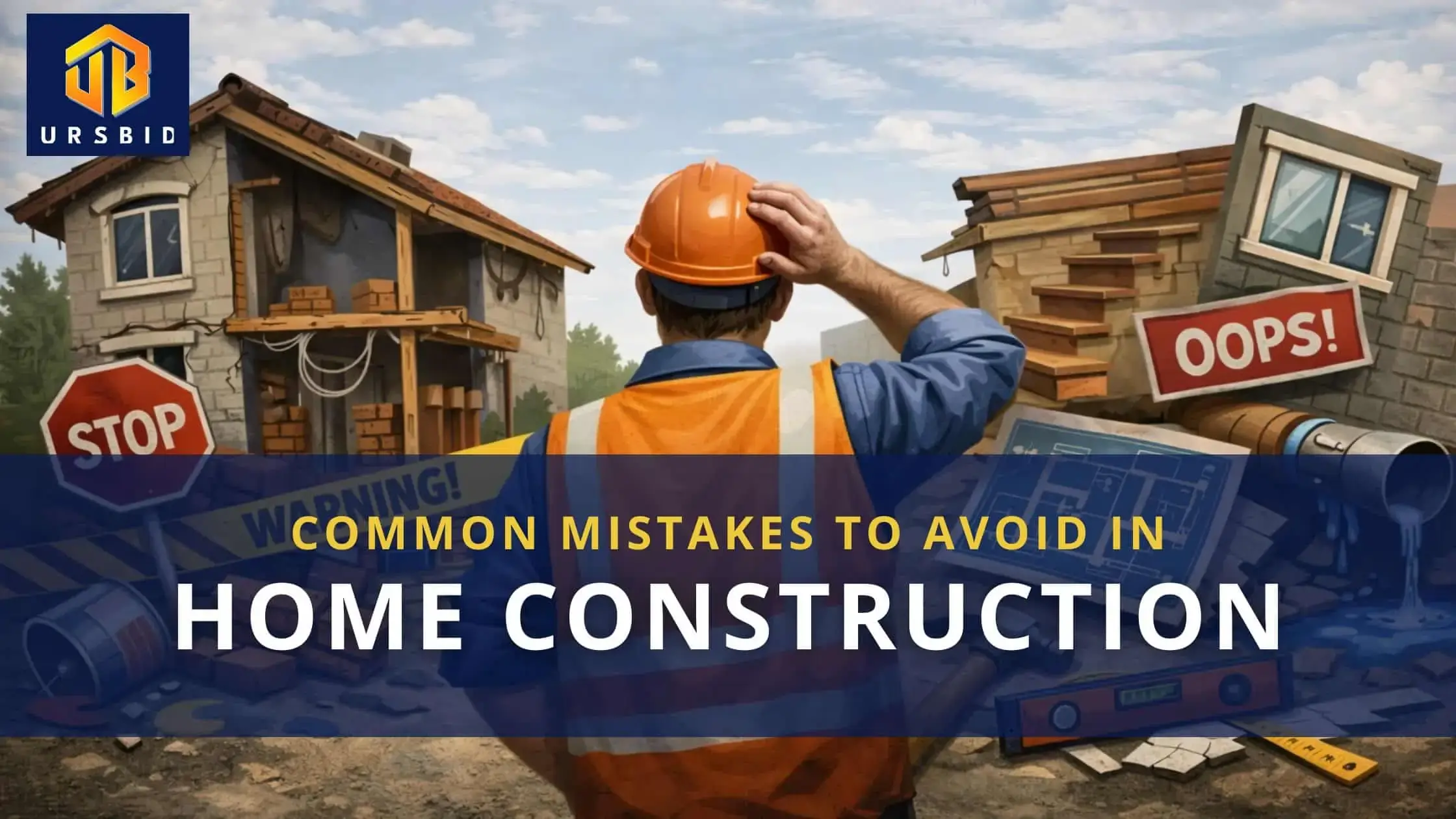When you think about construction in India, one of the first materials that comes to mind is the humble brick. Strong, reliable, and time-tested, bricks have been the backbone of Indian architecture for centuries. Whether it’s a rural home or a high-rise apartment in the city, bricks play an essential role in shaping our buildings.
But here’s the catch, not all bricks are the same. In fact, India has a variety of brick types, each with its own strengths, weaknesses, and ideal uses. If you’re planning a construction project, choosing the right brick can save you money, improve your building’s strength, and enhance its appearance.
In this blog, we’ll explore the different types of bricks available in India, their pros and cons, and how to decide which one is best for your project.
Why Choosing the Right Brick Matters
Before we dive into types, let’s understand why brick choice is important:
- Strength & Durability – The wrong brick type can compromise the structural integrity of your building.
- Cost Efficiency – Choosing the right brick for the right application can help you save money.
- Aesthetic Appeal – Bricks come in various colors, textures, and finishes, impacting the final look.
- Weather Resistance – Different bricks perform differently in humid, dry, or coastal climates.
Making an informed choice is the first step towards a strong, long-lasting, and beautiful structure.
Common Brick Types in India
India has both traditional clay bricks and modern alternatives. Let’s look at the main types:
1. Burnt Clay Bricks
The most common and widely used type of brick in India.
- Made from: Natural clay, molded, dried, and fired in kilns.
- Uses: Walls, foundations, and general building work.
- Pros:
- Strong and durable
- Fire-resistant
- Readily available
- Cons:
- Can absorb water, leading to dampness if not protected
- Heavy, which can increase structural load
Best for: Most general construction projects.
2. Fly Ash Bricks
A modern, eco-friendly alternative made using industrial waste.
- Made from: Fly ash, cement, and sand.
- Uses: Walls, partitions, and load-bearing structures.
- Pros:
- Smooth finish and uniform size
- High strength and less water absorption
- Environment-friendly
- Cons:
- Requires skilled labor for handling
- May not be suitable in areas with poor cement availability
Best for: Urban projects where precision and eco-friendliness are priorities.
3. Concrete Bricks
Solid or hollow blocks made from concrete.
- Made from: Cement, sand, aggregates, and water.
- Uses: Both load-bearing and non-load-bearing walls.
- Pros:
- High compressive strength
- Available in various sizes
- Termite-proof
- Cons:
- Heavier than clay bricks
- Less thermal insulation
Best for: Large-scale commercial and industrial projects.
4. Engineering Bricks
Known for exceptional strength and water resistance.
- Made from: Special clay fired at high temperatures.
- Uses: Foundations, retaining walls, and damp-proof courses.
- Pros:
- High compressive strength
- Low water absorption
- Very durable
- Cons:
- Expensive compared to regular bricks
Best for: Structures exposed to water or requiring extra strength.
5. Sand Lime Bricks (Calcium Silicate Bricks)
A cleaner-looking, modern alternative to red bricks.
- Made from: Sand, lime, and water.
- Uses: Walls with a smooth finish and precise dimensions.
- Pros:
- Uniform shape and size
- Excellent load-bearing capacity
- Smooth finish reduces plastering cost
- Cons:
- Poor resistance to acids
- Requires skilled handling
Best for: Residential and commercial buildings needing a neat appearance.
6. Hollow Bricks
Lightweight bricks with hollow centers.
- Made from: Clay or concrete.
- Uses: Partition walls, non-load-bearing walls.
- Pros:
- Lightweight
- Good thermal and sound insulation
- Faster construction
- Cons:
- Not suitable for heavy loads
Best for: Interior walls and low-load applications.
7. Fire Bricks (Refractory Bricks)
Special bricks designed to withstand very high temperatures.
- Made from: Refractory clay or silica.
- Uses: Furnaces, fireplaces, kilns.
- Pros:
- High heat resistance
- Long-lasting under extreme conditions
- Cons:
- Costly
- Limited use in regular construction
Best for: Industrial projects and places with high heat exposure.
Factors to Consider When Choosing Bricks
Selecting the right brick involves more than just price. Keep these factors in mind:
- Purpose of Use – Is it for a foundation, a load-bearing wall, or just a partition?
- Climate Conditions – Some bricks absorb water easily; others resist it.
- Aesthetic Requirements – Choose based on the desired look of your building.
- Budget – Different bricks have different price points.
- Local Availability – Transportation costs can impact your budget.
Cost Comparison of Popular Bricks in India (Approximate Market Rates)
| Brick Type | Price Range (per 1000 bricks) |
|---|---|
| Burnt Clay Bricks | ₹5,000 – ₹6,500 |
| Fly Ash Bricks | ₹4,500 – ₹6,000 |
| Concrete Bricks | ₹6,000 – ₹8,000 |
| Sand Lime Bricks | ₹5,500 – ₹7,000 |
| Engineering Bricks | ₹7,000 – ₹9,000 |
| Hollow Bricks | ₹25 – ₹60 per piece |
| Fire Bricks | ₹30 – ₹80 per piece |
Note: Prices vary by location, brand, and quality.
How URSBID Helps You Get the Best Brick Deals
Choosing the right type of brick is one thing, getting it at the best price is another. This is where URSBID comes in.
Here’s how URSBID makes your brick purchase easier and cheaper:
- Post Your Requirement – Specify brick type, quantity, and location.
- Get Multiple Quotations – Suppliers from different regions compete for your business.
- Compare Quality & Price – Make an informed choice based on your needs.
- Save Time & Money – Avoid multiple calls and negotiations.
Whether you’re looking for burnt clay bricks in bulk or specialized fire bricks for industrial use, URSBID helps you find trusted brick suppliers and the best deals — all in one place.
Finding the best deal with Bricks in India
The right brick can make your building stronger, more beautiful, and more cost-effective. With so many options in India, the key is to match the brick type with your project needs.
And when it comes to finding the best price and reliable suppliers, URSBID is your one-stop platform. By connecting you with multiple sellers, it ensures you get quality bricks at competitive prices — without the stress of traditional procurement.
So, whether you’re building your dream home or managing a large construction project, remember: the foundation of great construction starts with the right brick — and the right deal.




